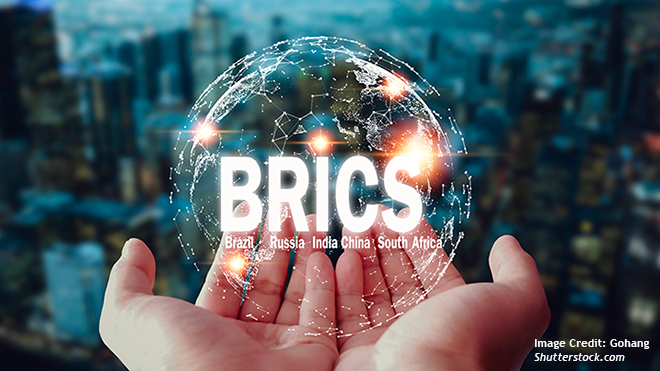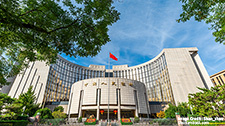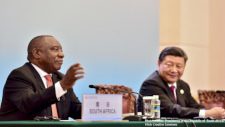BRICS: Evolving into a Vehicle for Inclusive Multilateralism?

Summary
- BRICS (Brazil, Russia, India, China, and South Africa) is a group of major emerging economies that seeks to reform global governance and foster alternatives to established financial institutions.
- First convened in 2009, BRICS has gradually expanded its cooperation areas beyond economics to include various new sectors, such as security, energy, infrastructure, science, technology, digital economy, healthcare, and green development.
- BRICS operates as a flexible intergovernmental organization without a permanent secretariat or founding charter, and functions through consensus-based decision-making, guided by implicit, semi-codified internal rules.
- While the five original members share common goals, diverging ambitions exist for the direction and role for BRICS as an organization.
- In 2023, BRICS invited six new members – Argentina, Egypt, Ethiopia, Iran, Saudi Arabia
and the United Arab Emirates – further growing its share of global GDP, international markets, and natural resources. - By opting for horizontal expansion, BRICS has partly eschewed deeper vertical integration, signaling a different growth and cohesion strategy compared to the G7.
Related Publications
-
The US and EU, and the Emerging Supply Chain Network: Politics, Prospects, and Allies
The Global Supply Chains have evolved from simply logistical achievements to being the bedrock of the global economy. Driven by technological advances and geopolitical shifts, this transformation underscores the critical […]
-
The Economic Leash: China’s Financial Tethers and Global Power Plays
China’s emphasis on Gross Domestic Product (GDP) growth and its integration into global markets have allowed it to wield significant influence internationally. Nonetheless, this focus on rapid expansion has created […]
-
China’s Security Engagement with Africa & The “Global South” Narrative
In recent decades, China has actively sought to position itself as a pivotal partner and emerging leader within the Global South. Despite the lack of clear consensus on the definition […]
-
China as a Black Sea Actor: An Alternate Route
China’s international role has expanded rapidly in the last decades, and the Greater Central Asian region, Europe, and the Middle East, to which the Black Sea region (BSR) connects, are […]
-
Taiwan-PRC Crisis: What Cross-Strait Conflict Could Cost Europe
The escalating tensions between Taiwan and China pose significant economic and strategic challenges to the European Union, such as the inaccessibility of Taiwanese inputs, market, and capital. This issue brief […]




